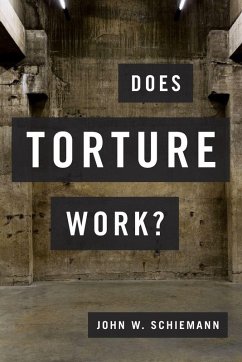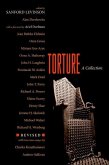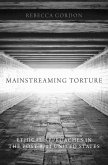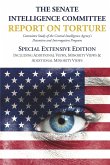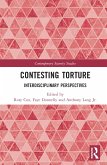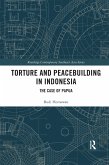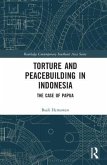When the Senate released its so-called "Torture Report" in December 2014 the world would learn that, for years, the CIA had used unimaginably brutal methods to interrogate its prisoners--often without yielding any useful or truthful information. The agency had long and adamantly defended its use of torture, staunchly arguing that it was not only just but necessary for the country's safety. And even amid the revelations of the report, questions abound about whether torture can be considered a justifiable tool of national security. Is interrogational torture an effective method of extracting information? How good does the information extracted need to be for the torture to be considered successful? How often or how vigorously must torture be used to achieve valuable information? It may be the case that interrogational torture can never be justified under any circumstances, but, according to John W. Schiemann, if it is to be justified at all, it must be effective. According to more than one national poll, most Americans do believe that torture can work, and that it can be justified under certain circumstances. But if the information that torturers extract is bad, then the method amounts to nothing more than pure sadism. So, how can we solve the dilemma over whether to torture or not to torture? In this book, John W. Schiemann takes a truly unique approach to the question of torture: game theory. Thinking of torture as a "game" played between an interrogator and a detainee, the book walks the reader through the logic of interrogational torture, comparing the outcomes to the claims made by torture proponents. The book draws on a wide variety of sources ranging from records of the Inquisition to secret CIA memos to trace this logic, illustrating each outcome of the model with a narrative from the real world of interrogational torture. Does Torture Work? is an absorbing and provocative take on one of the most discussed human rights and dilemmas of our time.
Hinweis: Dieser Artikel kann nur an eine deutsche Lieferadresse ausgeliefert werden.
Hinweis: Dieser Artikel kann nur an eine deutsche Lieferadresse ausgeliefert werden.

